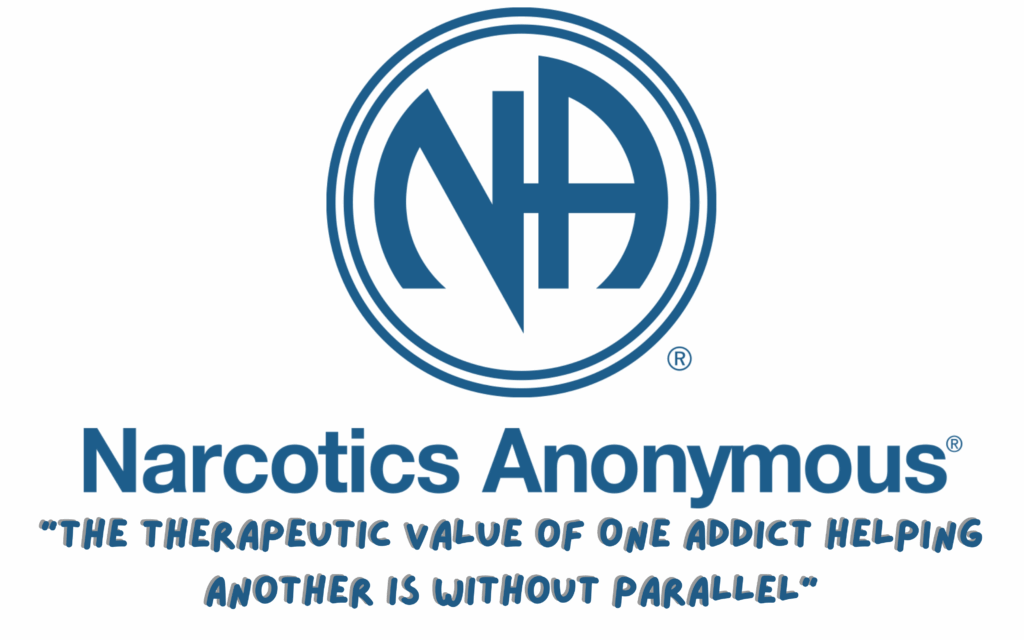
If you want to use drugs, that’s your business. If you want to stop but can’t, that’s ours.
Attend one of our meetings or call the helpline (800) 539 0475 to find out how Narcotics Anonymous can help.
All of the efforts of Narcotics Anonymous are inspired by the primary purpose of our groups. To carry our message to addicts who still suffer.
Upon this common ground we stand committed.
Just For Today
January 20, 2026 |
One promise, many gifts |
| Page 20 |
| "Narcotics Anonymous offers only one promise, and that is freedom from active addiction..." |
| Basic Text, p. 106 |
| Imagine how it might be if we had arrived at the doors of Narcotics Anonymous, desperate, wanting to stop using drugs, only to be met by a sales pitch: "If you just work the steps and don't use drugs, you'll get married, live in the suburbs, have 2.6 children, and start wearing polyester. You will become a responsible, productive member of society and be fit company for kings and presidents. You will be rich and have a dynamic career." Most of us, greeted with such a heavy-handed spiel, would have shrieked and bolted for the door. Instead of high-pressure nonsense and frightening predictions, we are greeted with a promise of hope: freedom from active addiction. We feel a blessed relief come over us when we hear that we never have to use drugs again. We aren't going to be forced to become anything! Of course, after some time in recovery, good things start happening in our lives. We are given gifts--spiritual gifts, material gifts, gifts that we've always dreamed of but never dared hope we'd get. These, however, are truly gifts--they are not promised to us just because we become NA members. All we are promised is freedom from addiction--and it's more than enough! |
| Just for Today: I have been promised freedom from active addiction. The gifts I receive are the benefits of recovery. |
